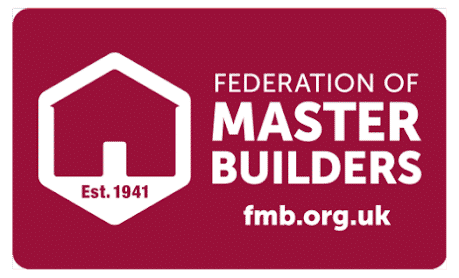Should I demolish Timber Frame Extension?
Hi everyone, just a bit of advice but the house I’ve purchased has a timber frame extension, which has not been done properly by the look of it. The roof has been covered with something, and it’s definitely because it has been leaking. There are very small signs of damp on the side of it and when it’s raining there’s a small area with signs of water. There’s no insulation at the moment, so that would need to be fixed. This is at the back of the house very close to the kitchen (2.41 H x 4.88 L). I wanted to knock the wall in between the kitchen and the extension to make it an open plan concept, but I’ve had a builder and an architect in separate occasions advising me that I should just demolish it and get it done properly. I can see why they’re saying this, as I might end up just getting it fixed here and there (new roof, insulation, etc) but it might still be in vain. I’ve had other builders saying it’s possible for them to make it a fresh but I am contemplating removing the timber frame extension and getting the standard extension later on, or even add 1 or 2 meters as I don’t necessarily need the whole 3/4m it currently has. Just enough to have space for the island, which I would be putting anyway and the dining room 🙂
=================
Answer –
Based on the information you’ve provided, it seems like demolishing the existing timber frame extension and rebuilding might indeed be the wisest course of action. Here’s why:
1. Structural issues: If the extension wasn’t built properly, there could be underlying structural problems that may be difficult or expensive to fix.
2. Water damage: The leaking roof and signs of damp are concerning. Water damage can lead to more serious issues like mold or rot if not addressed comprehensively.
3. Lack of insulation: Adding insulation to an existing structure can be challenging and may not be as effective as starting fresh.
4. Professional advice: Both a builder and an architect have independently suggested demolition, which lends credibility to this option.
5. Long-term costs: While demolition and rebuilding might seem more expensive initially, it could save you money in the long run by avoiding ongoing repairs and issues.
6. Customization: Rebuilding allows you to design the space exactly as you want it, including the open-plan concept you mentioned and potentially adding extra space.
7. Building standards: A new extension would be built to current building standards, likely improving energy efficiency and overall quality.
8. Property value: A well-built, modern extension could add more value to your property than a repaired older one.
Given that you’re already considering removing it and building a standard extension later, it might be more efficient to do this now rather than investing in repairs for a structure you’re not fully satisfied with.





